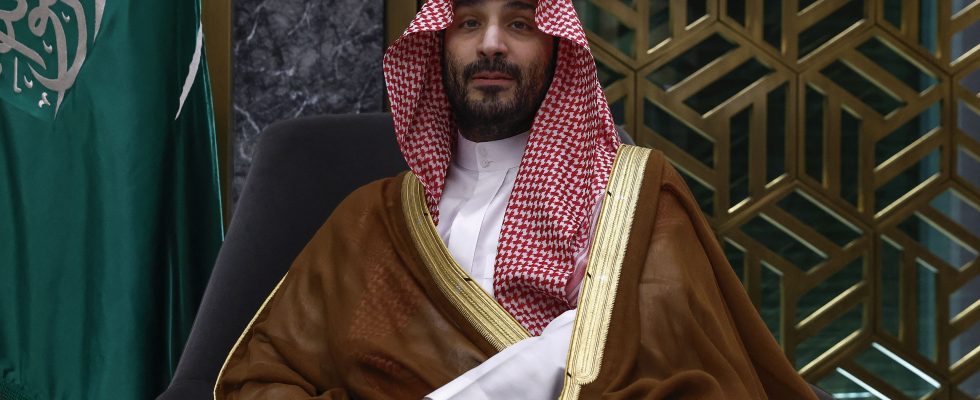It was almost midnight on April 13 when hundreds of Iranian drones burst into Jordanian airspace. Their target? Israel, border country of the Hashemite Kingdom. Alerted by the United States, the Jordanian air force hunted down the intruders. Most are destroyed. By being so effectively involved in this battle, the Jordanians directly participated in the defense of Israel. To the great dismay of a large part of Arab opinion. “The Arab leaders – especially the Jordanian monarchy – are accused by their people of doing nothing to protect the Gazans but of doing everything to protect Israel,” notes, to deplore this, Fadi Quran, a Palestinian political scientist, on -Twitter).
Despite the criticism, Jordan assumes. His Minister of Foreign Affairs even summoned the Iranian ambassador to reproach him for the intrusion of aircraft loaded with explosives into Jordanian airspace. “Anything that poses a threat to Jordan and the security of Jordanians, we confront it with all our capabilities and skills,” he says, while calling for de-escalation. This strategic alliance with Israel follows a double logic. Like most Sunni states in the region, Jordan fears first and foremost the possibility of Shiite domination. For many years, the Islamic Republic has been weaving its web around the fragile monarchy. Iran has powerful militias at its command in Iraq, Syria, South Lebanon and – much further south – in Yemen with the Houthis. Tehran also organizes drug and arms trafficking on the Jordanian-Syrian border. In January, the Jordanian army carried out a large operation to dismantle these networks. The government denounced the involvement of pro-Iranian Hezbollah in these mafia activities.
Secondly, the massacres of October 7 and the war in Gaza have revived fears of destabilization of the Jordanian regime. Led by a Hashemite minority which holds the main levers of power and military command, the country is made up of two-thirds Palestinians. Among them, fervent supporters of Hamas have loudly expressed their support for the Islamists of Gaza in the streets of Amman since the start of the war. “Orchestrated by the Muslim Brotherhood and Hamas in coordination with Iran, these protests aim to undermine the power of King Abdullah of Jordan and create a new front for Israel,” explains Yoni Ben Menahem, an analyst at JPCA, a research center in Jerusalem. Since the 1994 peace treaty, Jordan has always scrupulously respected security agreements with Israel.
Cooperation of Saudi Arabia and the United Arab Emirates
Queen Rania’s country is not the only Arab state to cooperate with Jerusalem. The US military said Saudi Arabia and the United Arab Emirates also supported the destruction of Iranian drones and missiles by sharing intelligence. Against a backdrop of the Iranian threat, these two Gulf countries have begun a rapprochement with the Jewish state for around ten years. In August 2020, the UAE signed the Abraham Accords, sponsored by Donald Trump. Today, these are producing spectacular fruits with an explosion in trade and a strengthening of military cooperation.
Behind the scenes, the Saudis are following the same path, with Prince Mohammed bin Salman making no secret of his fascination with high technology and the Jewish state’s arms industry. Normalization between the two countries was to be formalized at the end of October 2023… Despite the war in Gaza, it remains relevant. “I don’t see any betrayal of the Palestinians in the fact that Arab countries and Israel are entering into collaboration,” political analyst Ahmed Amleh told Israel’s Makan Arabic television. “We can clearly see what terrorism financed by Iran is costing us with the 30,000 deaths in Gaza,” he adds. “Arab countries and Israel are cooperating for regional stability; it is in the interest of all. world.”
Paradoxically, cooperation between Israel and Arab countries is strengthening at the same time as the image of the Jewish State is deteriorating because of the war in Gaza. But in these authoritarian regimes, the streets do not make the law. And public opinion has little influence on the foreign policy decisions of those in power.
.
